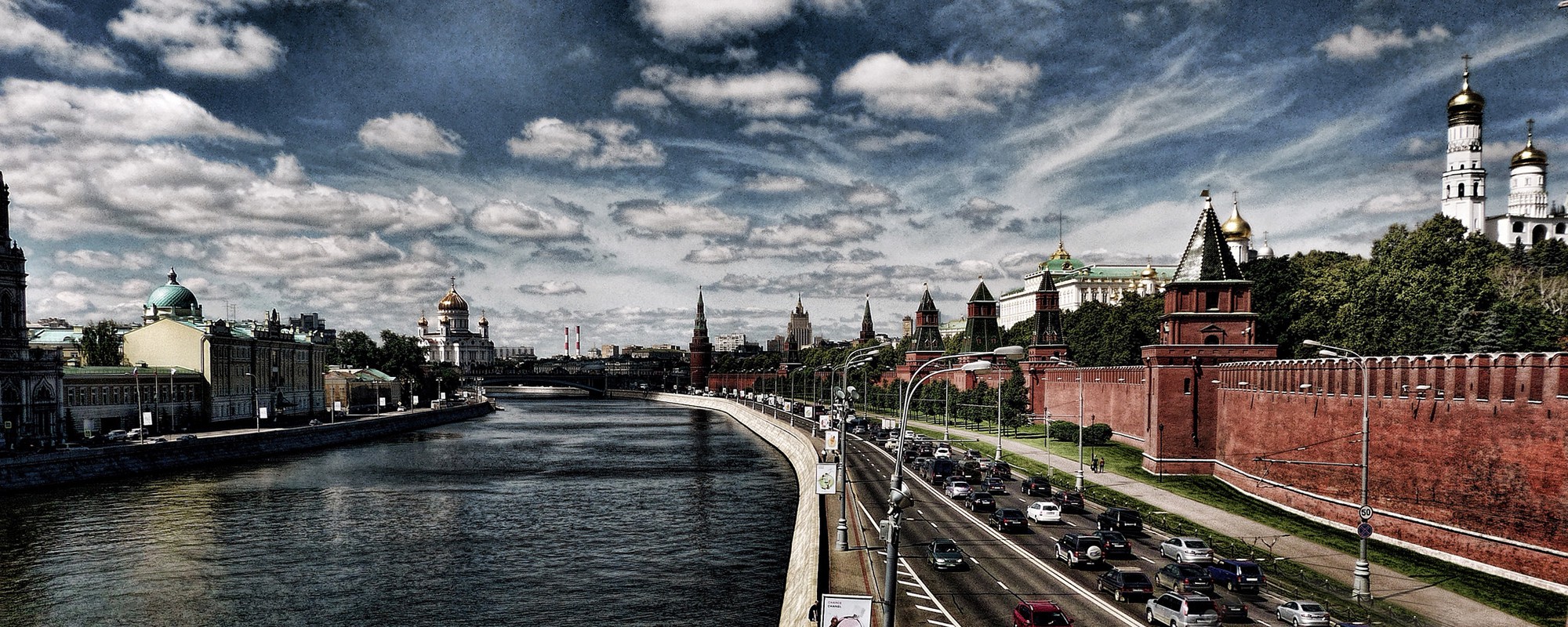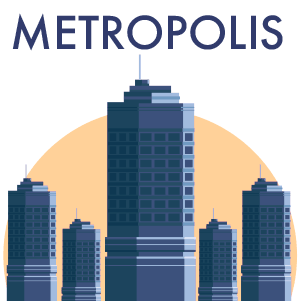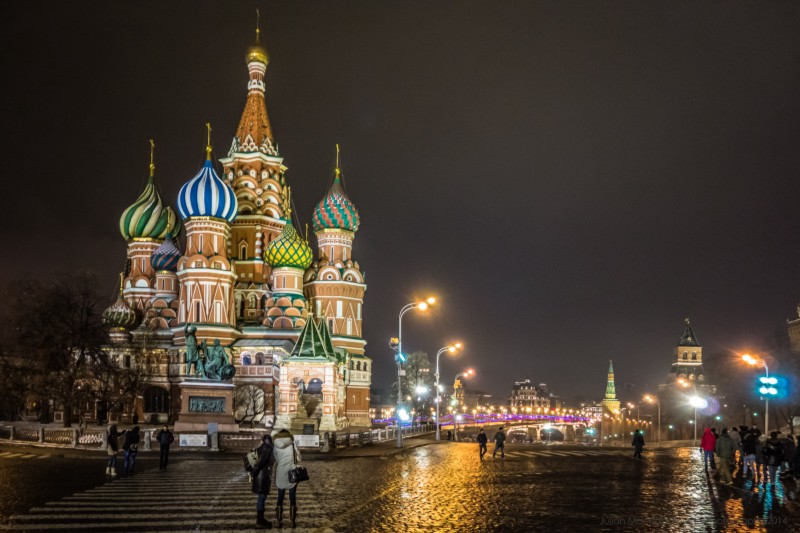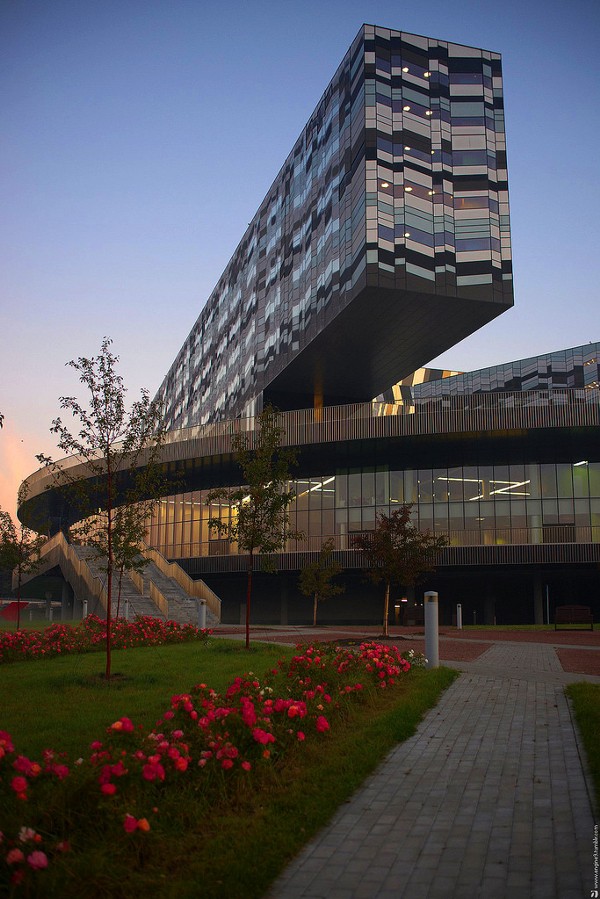

Russia’s track record in science and technological innovation is indisputably strong. From inventing the first satellite (Sputnik 1) and sending the first human into space (Yuri Gagarin), to building high-tech submarines (Ðкула) and developing popular video games (Tetris), Russians have been at the forefront of innovation throughout the 20th century.
But what are the prospects for Russian technologists today? Bringing innovation to the market and creating successful companies with global reach has arguably been a challenge. Until now, no Russian tech brand has managed to become an international household name.
To make matters worse, the Russian military intervention in Ukraine has prompted a number of Western countries (including the United States and the European Union) to impose sanctions in March 2014 against Russian businesses and individuals. These have included travel bans, visa requirements, and the freezing of international assets, business transactions, and investment.
The sanctions no doubt contributed to the 2014″”15 Russian financial crisis and the collapse of the country’s currency, the ruble. The impact on the country’s tech scene has been equally devastating.

More than 200,000 people officially left Russia in 2014, and a number of startups moved to California, Hong Kong, and Singapore to avoid an unstable business climate and get better access to funding.
“There is currently a big need for experts and mentors in marketing and business development,” said Nataly Derry, public relations manager of French accelerator Numa, which has recently opened a branch in Moscow.
The situation has worsened with a new law imposing restrictions on foreign internet firms. Also, in the first nine months of 2015, the Russian venture capital investments market fell by 25 percent. Political conflict has led many international investors to withdraw their funds, as 80 percent of startup investment rounds are driven by local-only investors.
“The crisis and shortage of finance in the country has made it very difficult and competitive for startups to obtain investment,” said Victoria Zavyalova, science and technology editor at Russia Beyond the Headlines (RBTH).
Derry confirmed that public funds (e.g., the Internet Initiatives Development Fund [IIDF]) are almost the only ones available to invest in startups at the moment. “There are only a few private initiatives to support Russian startups with funding and expertise,” he said. “That’s why the startup ecosystem is very centralized and depends on the political situation.”

It’s not all doom and gloom, even though international media have been quick to paint a bleak picture. “Some Western outlets have been creating a bad image for everything coming from Russia (including technology),” said Zavyalova.
In relative terms, access to funding for Russian startups has improved in recent years. Previously, only established companies enjoyed access to capital, with startups excluded. Since 2011, with the introduction of numerous startup education programs, co-working spaces, and venture funds, the funding gap has decreased.
The most recent Global Startup Ecosystem Ranking–conducted by San Francisco analytics experts Compass–classified Moscow as the 13th best city in the world to launch a startup based on performance, funding, talent, market reach, and startup experience.
The Russian capital has great e-commerce market potential, underlined by the fact that the country has the largest online market in Europe with 66 million Russians accessing the internet. Especially with regard to available talent pool, Moscow scores impressively, second only to Silicon Valley.
Education is an important factor for talent development. Nina Yanykina, head of project management and innovation department at St.Petersburg’s ITMO University, observed that the Russian education system is changing with the renaissance of technical study groups and digital fabrication laboratories, the so-called Fab Labs.
“I believe there’s a future here in making children become interested in the basics of science and technology from the early beginnings by using methods like “‘edutainment‘ (education + entertainment),” said Yanykina.
The technical side of Russian startups is very strong. “We were surprised to see the maturity of Russian startups,” said Numa’s Derry. “Most startups are founded by seasoned professionals with 20 to 30 years of experience,” she added.

In terms of startup profiles, IT companies are by far the most common. Presently e-commerce is a dominant tech segment and areas such as online and mobile advertising are looking very promising. Other notable startup focus areas include 3D printing and robotics.
RBTH’s Zavyalova believes that the Russian startup ecosystem is currently on the same level as are most European countries. “The number of accelerators, incubators, and science parks has been growing tremendously during the last few years,” she said.
Skolkovo Innovation Centre, a $2.7 billion project financed by the government, and the Russian Venture Company (that also runs the GenerationS startup competition) are the main drivers behind this change.
Skolkovo hosts over 1,100 startups specializing in everything from IT, biomedicine, green energy, robotics, and space technology. Most have yet to bring products to market, nevertheless their overall revenue reached $1 billion at the end 2014.
International technology giants like Samsung, Cisco, Microsoft, Boeing, and Nokia were early investors in Skolkovo. MIT partnered with the Skoltech Institute of Science and Technology, while IBM and five leading Russian innovation companies were actively involved in Skolkovo’s Electronics Technology Center.

In 2013, several of Skolkovo’s project figureheads were accused of misusing funds, which led the government to revoke its preferential treatment and slashed its financing by 20 to 40 percent.
It’s unclear how this will affect the future of Moscow’s tech hub, nevertheless Skolkovo is about to open a representative office in China.
Elsewhere, Navigator Campus is a good example of a combined co-working space and startup accelerator, whereas Saint Petersburg’s iDealMachine–placing 3rd at UBI Global international ranking–is typical of a university-based accelerator.
Adding to the scene’s already rich calendar of events that includes Startup Village, Open Innovations Forum, and Digital October, international accelerators like Mass Challenge, TechCrunch, Startup Sauna, and Seedstars World have run Russian events recently. Even IKEA Russia has initiated its own startup accelerator program.

The Compass study highlights many areas in Moscow’s ecosystem with room for improvement. Especially with regard to availability of employees with previous startup experience, where the city ranks last among the top 20.
It’s quite startling that Moscow startups count the lowest number of advisors in the world and give 49 percent less equity to their employees compared to startups in the rest of Europe.
Accelerators and recently built science parks don’t have enough residents and face tough competition from the international programs in the United States, Europe, and Asia.
Zavyalova, for one, thinks there is not enough communication and integration between startups thanks to a low level of trust and the huge territory of Russia. “Sometimes startups in Siberia, in Tomsk, or Novosibirsk don’t know that the startup in Moscow is developing the same technology,” she said.
Derry suggested that one of the main shortcomings of Russian startups is their lack of ambition. “Their aim is to be sold after the seed stage, and their biggest dream is to move to Silicon Valley. It’s a waste of potential,” she noted.
Still, lifting the sanctions remains the most pressing and immediate challenge.

So what lies ahead for Russia’s tech companies? The deteriorating economic situation may be pushing the Kremlin toward a compromise that could bring relief from sanctions. There have been reconciliatory signals from both sides and increasing diplomatic activity recently.
Zavyalova believes that one of the main objectives for Russia’s tech scene is to become more integrated with the global one: “That’s what Skolkovo and other major accelerator programs are aiming for at the moment. The vision is certainly there.”
Meanwhile, Yanykina pointed to a new ambitious federal-level project called National Technology Initiative, which provides Russia with an opportunity to expand globally and pursue an “active scientific, technological and industrial policy.”
She thinks Russian tech has a growing potential in many areas ranging from neurotechnology and healthcare, to energy and additive technology–as well as advanced industrial technology, quantum technology, and photonics.
Yanykina referred to a Winston Churchill quote she believes to be fitting for Russia’s startup scene: “Success is not final, failure is not fatal: It is the courage to continue that counts.”


How We Get To Next was a magazine that explored the future of science, technology, and culture from 2014 to 2019. This article is part of our Metropolis section, on the way cities influence new ideas–and how new ideas change city life. Click the logo to read more.
